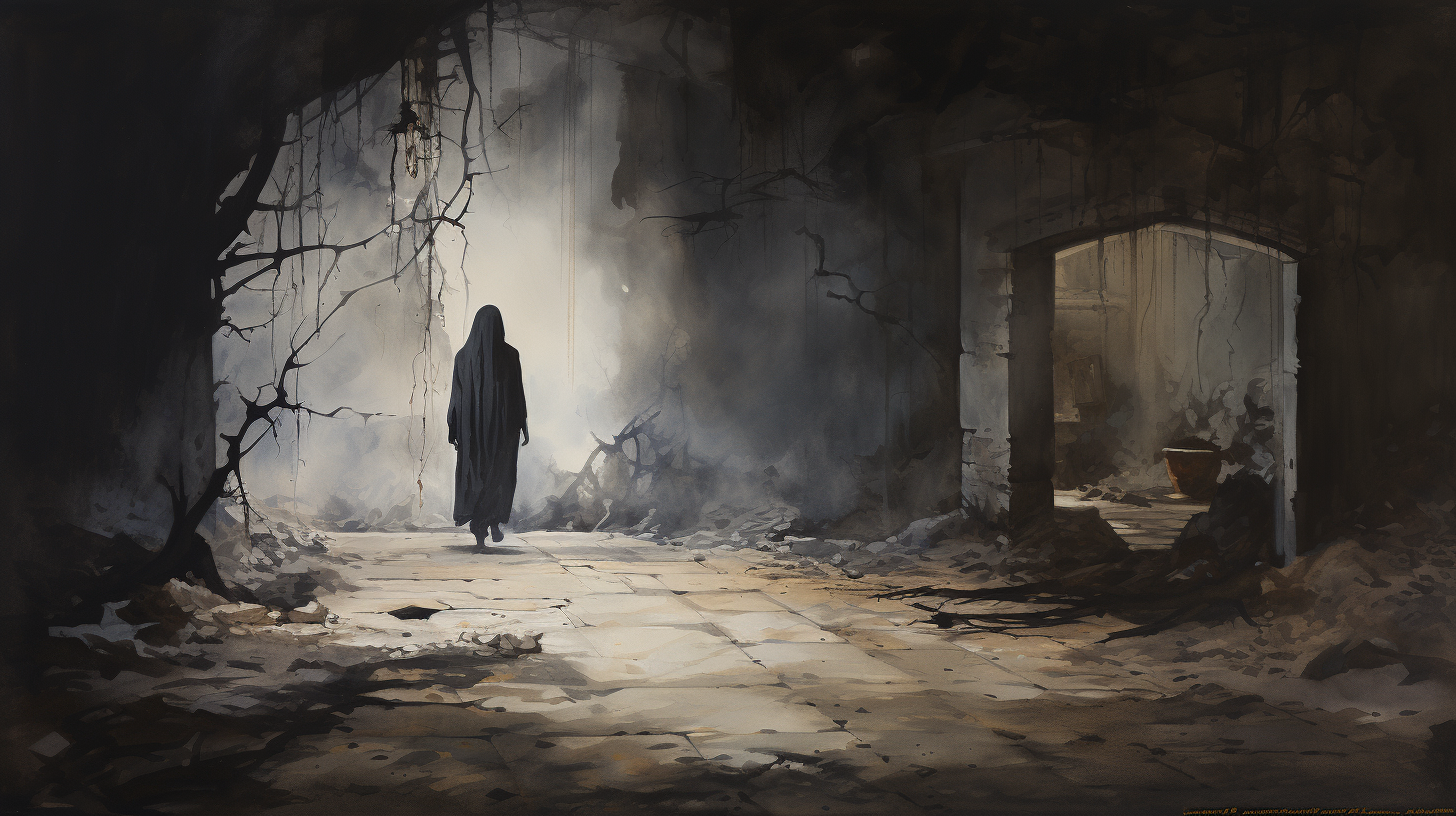What does dreaming about a shadow mean?
Dreams have intrigued and mystified people for thousands of years, offering glimpses into the unseen corners of the mind where emotions, memories and fears quietly reside. Among the many strange and compelling images we encounter while sleeping, one of the most intriguing is that of a shadow. Whether it appears as a vague, flickering silhouette or a recognisable figure cloaked in darkness, dreaming about a shadow is rarely meaningless. These nocturnal visions often tap into the deeper layers of our subconscious, revealing truths we might not yet be prepared to face in waking life.
When you dream about a shadow, it is often symbolic of the parts of yourself you might be ignoring or suppressing. In Jungian psychology, the ‘shadow self’ represents the aspects of our personality that we tend to push aside because they conflict with how we wish to be perceived. This might include emotions like jealousy, anger, resentment or fear, as well as traits such as selfishness, impulsiveness or vulnerability. Rather than disappearing, these traits settle in the unconscious, occasionally making themselves known through dreams.
Encountering a shadow in a dream could indicate internal conflict or unresolved feelings. Perhaps you have been avoiding a difficult conversation, denying an uncomfortable truth or refusing to address certain habits or behaviours. The shadow’s appearance is your subconscious mind’s way of drawing attention to these matters, urging you to examine and acknowledge them before they manifest in destructive ways.
However, it’s important to understand that not all dream shadows are inherently threatening. Sometimes, a shadow can represent mystery, potential and the unknown. It might symbolise qualities you have yet to discover within yourself or new paths you are hesitant to explore. In this sense, a shadow dream could be interpreted as an invitation to step beyond your comfort zone, confront what lies beneath the surface and embrace personal growth.
Common scenarios involving a shadow and their meaning
Shadow dreams often vary greatly from one person to the next, but certain scenarios recur frequently and carry distinct emotional undertones. Each scenario tends to hold symbolic meaning that reflects what is happening in your waking life or within your inner world, offering valuable insights for those willing to look beyond the surface.
One of the most common experiences is being followed by a shadow. In such dreams, the shadow might be formless or take on a vaguely human shape, trailing just out of reach. This often represents anxiety or lingering guilt over a situation you’ve yet to address. The fact that the shadow follows you suggests that these feelings are not easily escaped and will continue to weigh on your mind until confronted.
Another scenario involves confronting your own shadow. You might see a darker version of yourself, a figure that moves when you move and mimics your actions. This can be unsettling, but it typically signifies an opportunity for self-reflection. It’s a signal that certain aspects of your personality, perhaps those you prefer to keep hidden, are demanding to be acknowledged. Facing your shadow in a dream often suggests that you’re on the cusp of recognising and integrating these traits into your conscious identity.
In some dreams, a shadow might act as a warning figure, appearing just before something alarming happens. It may linger at the edge of a room, flit past a window or cross your path in a moment of danger. In these instances, the shadow can represent intuition or inner wisdom, signalling that a situation in your waking life requires caution or further scrutiny.
Dreams where you are unable to escape from a shadow, no matter how fast you run or where you hide, are also common. This often mirrors feelings of helplessness or being overwhelmed by circumstances you feel unable to control. The inescapable nature of the shadow reflects the inescapability of certain emotions or truths, no matter how diligently you attempt to avoid them.
Finally, some people dream of speaking with a shadow figure. While the content of these conversations is often vague or difficult to recall upon waking, the act itself signifies a readiness to engage with your unconscious mind. It marks a step towards self-acceptance and the integration of those disowned parts of yourself, which can lead to profound personal growth.
What is the spiritual meaning?
From a spiritual perspective, shadows in dreams often symbolise the parts of ourselves that we must acknowledge and embrace in order to achieve a greater sense of wholeness. Many spiritual traditions emphasise the importance of light and darkness existing in balance, with neither being inherently good or bad. Darkness, including the metaphorical shadows of the psyche, holds wisdom, untapped potential and the keys to our deeper nature.
Dreaming of a shadow can indicate that you are undergoing a spiritual awakening or that you are being called to face hidden fears and emotional wounds that are holding you back. The shadow may represent the ego, the collection of false beliefs and defences that we construct in order to navigate the world. When a shadow appears in a dream, it often means that it’s time to shed these illusions and see yourself with honesty and compassion.
In some beliefs, shadows are also seen as messengers from the spirit world or the higher self. Their appearance in dreams can be a form of guidance, urging you to slow down and reflect before moving forward. If you have been ignoring signs in your waking life, the shadow might arrive in your dreams as a final, undeniable prompt to pay attention.
Integrating the shadow self is a key step in achieving spiritual maturity. By recognising and accepting your less appealing traits alongside your positive qualities, you cultivate a deeper, more authentic sense of self. The process can be uncomfortable, but it ultimately leads to inner peace and clarity. Dreams involving shadows are often a reflection of this transformative journey, serving as both a challenge and an opportunity for healing.
The importance of recording your dreams
Keeping a record of your dreams is one of the most effective ways to connect with your subconscious and uncover recurring themes or unresolved emotions. Even dreams that seem trivial or nonsensical can hold meaning when viewed in the context of your broader emotional landscape. By writing down your dreams involving shadows, you create a valuable resource for self-discovery, helping you to track patterns and better understand your internal world.



